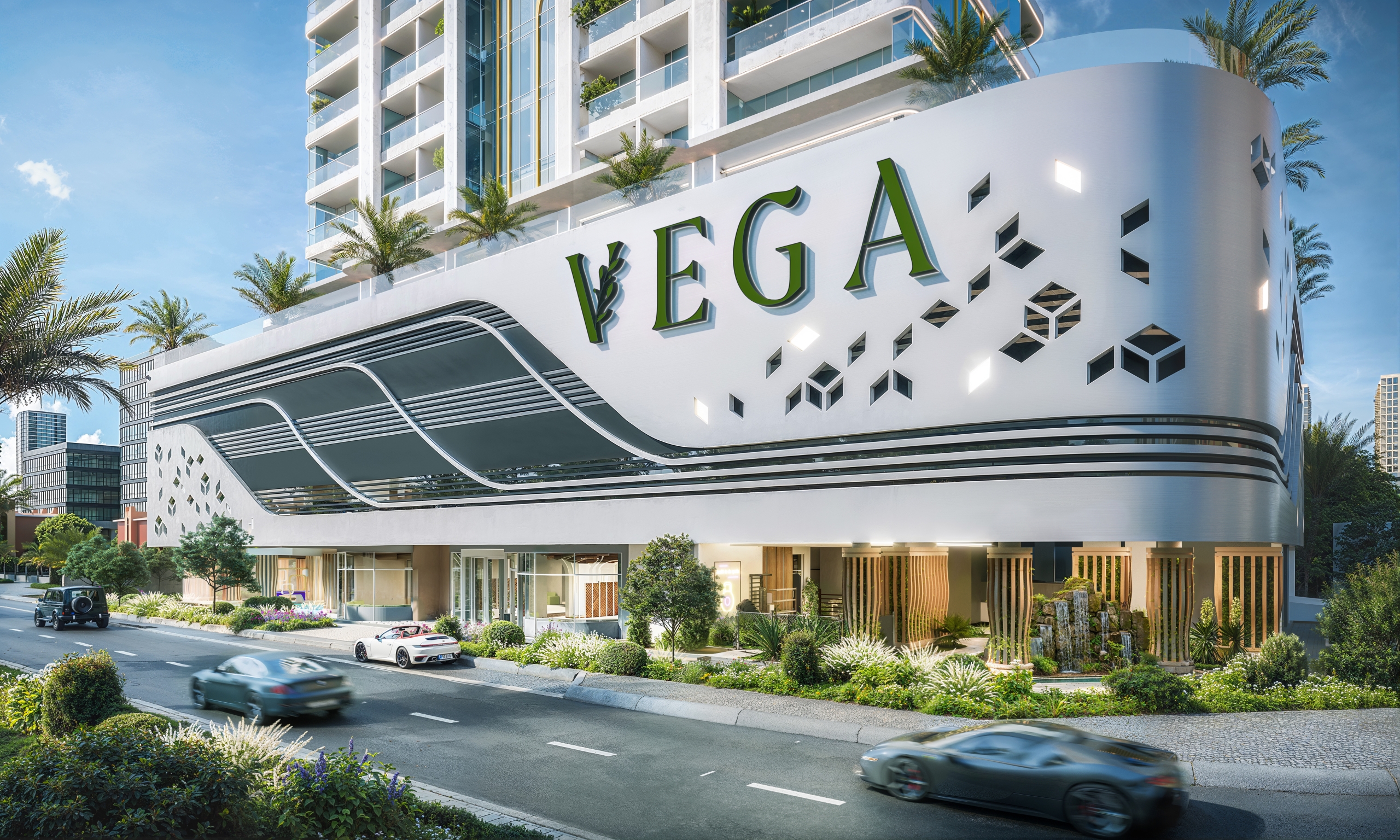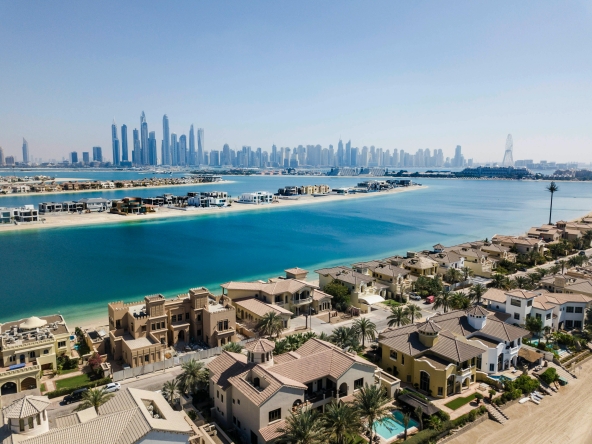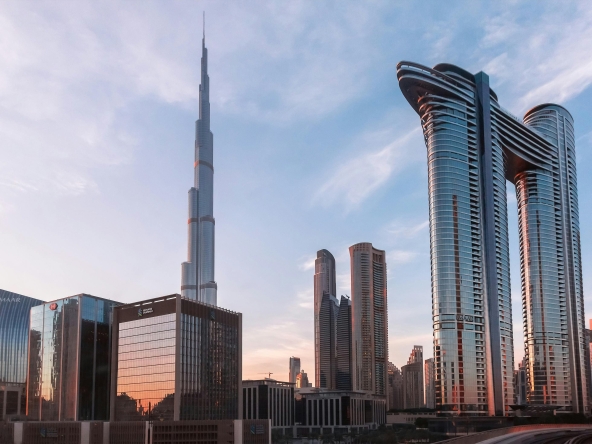Turning Dreams Into Deeds: Why Paying for Property in Dubai Feels Like a Milestone
For many, stepping into the Dubai property market isn’t just a transaction—it’s a life moment, a declaration of stability, ambition, or even a dream come true. Whether you’re planning to invest in a luxurious apartment near Downtown Dubai or a serene villa in Arabian Ranches, understanding the payment process is critical.
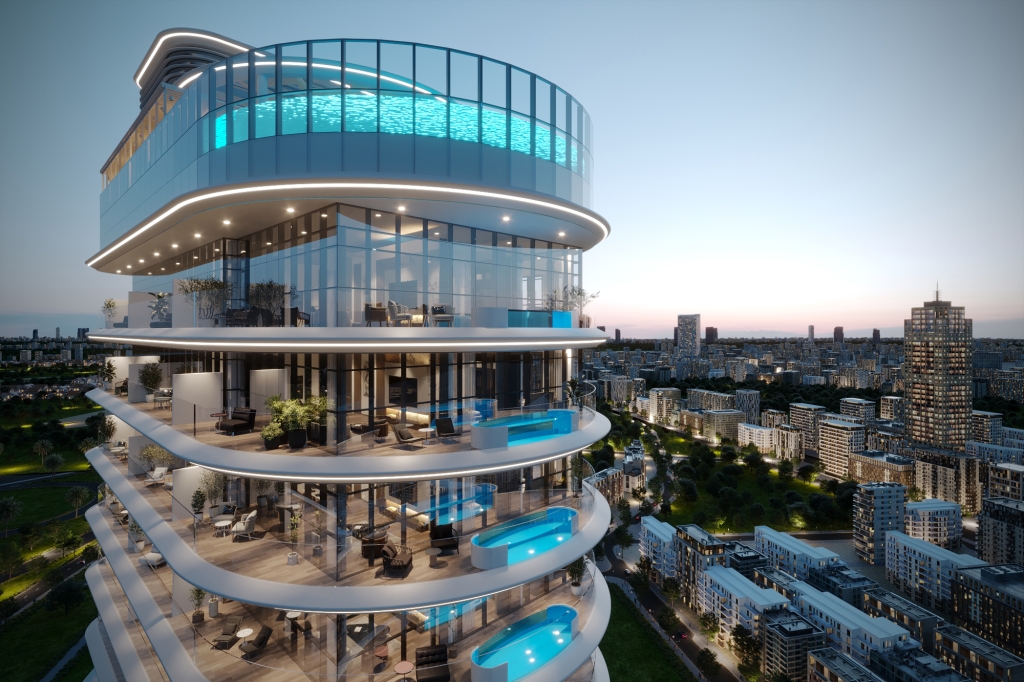
You’re not alone if the thought of how to buy Dubai properties feels a bit overwhelming. But don’t worry—once you understand the steps and options, you’ll feel empowered and confident.
Understanding the Legal Framework for Property Ownership in Dubai
Dubai has become one of the top destinations for international property investors thanks to its strong legal infrastructure. Foreigners are allowed to buy freehold properties in designated areas such as Dubai Marina, Downtown Dubai, and Palm Jumeirah.
The Dubai Land Department (DLD) and Real Estate Regulatory Authority (RERA) oversee transactions to ensure transparency and legality. Once you’ve selected a property, the transaction must be registered with DLD, and a title deed is issued to confirm ownership.
Step-by-Step Guide to Paying for a Property in Dubai
Whether you’re an expat or an international investor, here’s how you can pay for your property in Dubai smoothly:
1. Sign the Memorandum of Understanding (MOU)
After negotiating the sale price, both parties sign the Form F, which outlines all terms, including the payment structure. This is a legally binding agreement.
2. Make the Down Payment
Typically, the buyer pays a 10% deposit of the property value upon signing the MOU. This amount is held by the broker or seller until the transfer is complete.
3. Secure Financing (if needed)
Buyers can choose from various Islamic mortgages or conventional bank loans. Loan approvals usually require income verification, credit history, and sometimes a residency visa.
4. Transfer the Title Deed at DLD
Pay the 4% transfer fee, the AED 540 registration fee, and ensure all final payments are made. Once everything clears, the DLD issues your title deed.
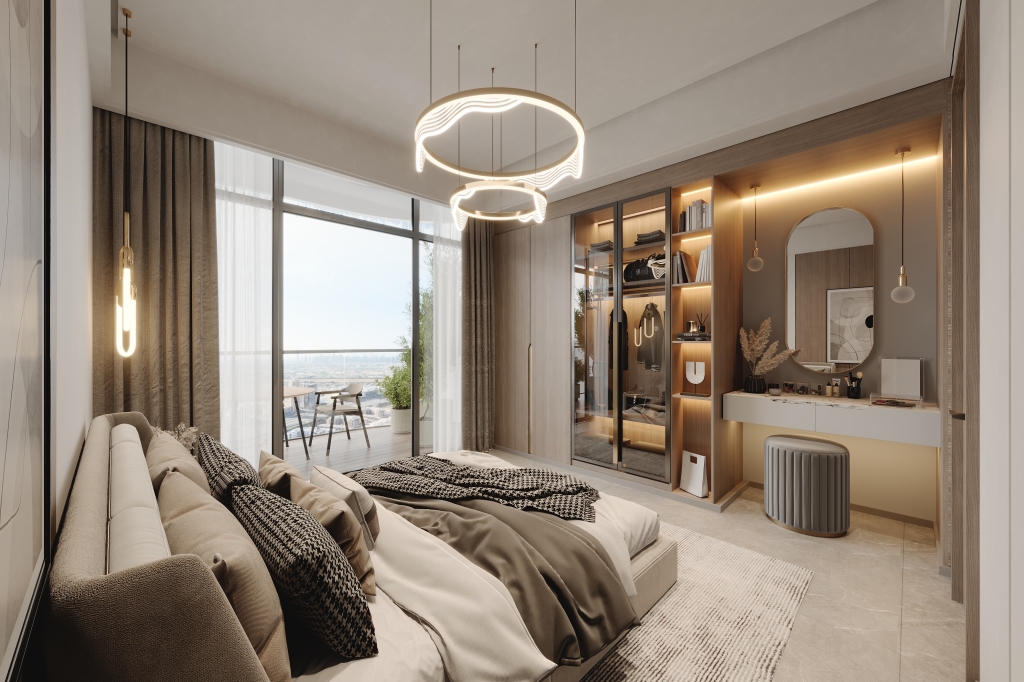
Payment Methods Available for Buying Dubai Properties
When you’re ready to buy, Dubai offers several payment options to accommodate both residents and overseas investors:
1. Cash Payment
Paying in full upfront is common for investors looking for simplicity. It reduces paperwork and speeds up transfer procedures.
2. Mortgage Financing
Available for residents and select non-residents. Loan-to-value (LTV) ratios can range from 50% to 80%, depending on the buyer’s profile and property value.
3. Post-Handover Payment Plans
Developers like Emaar and Damac offer 0% interest plans, allowing buyers to pay in installments over 3–5 years after taking possession.
4. Off-Plan Payment Schemes
These staggered payments are made during construction. A typical plan might be 10% down, 40% during build, and 50% at handover.
LSI keywords: Dubai mortgage options, off-plan payment plan, post-handover scheme, cash real estate purchase, real estate financing Dubai
Banks and Developers Offering Flexible Property Payment Plans
Dubai’s real estate ecosystem thrives on flexibility. Leading banks like Emirates NBD, Mashreq, and HSBC offer tailored mortgage solutions. Simultaneously, developers create buyer-friendly options.
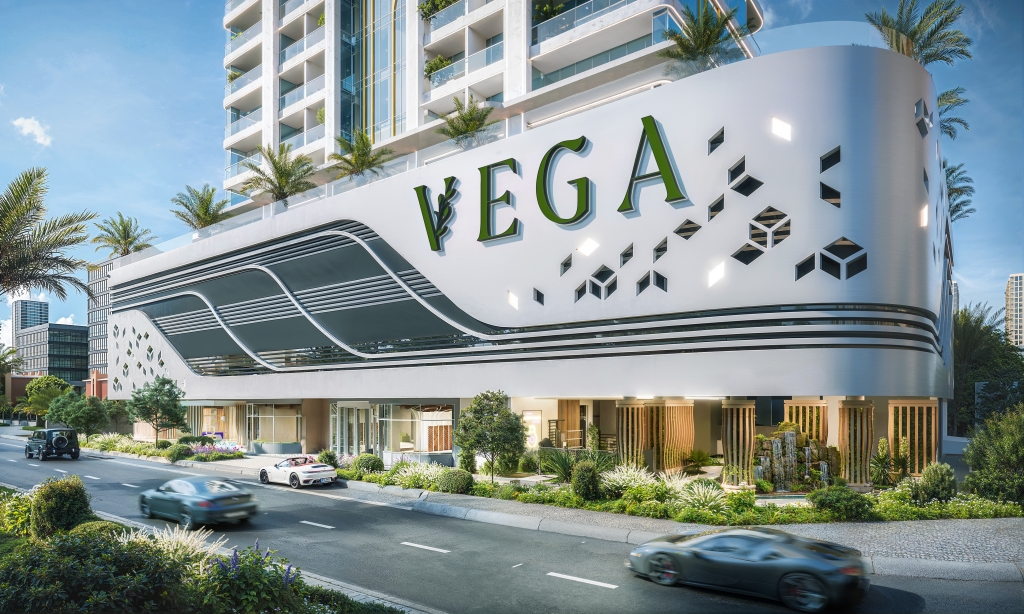
Top Banks for Property Loans
- Emirates NBD: Offers loans up to 80% of property value.
- Mashreq Bank: Attractive interest rates starting from 2.99% annually.
- HSBC UAE: Especially friendly for expatriates with international income.
Popular Developers with Flexible Plans
- Emaar Properties: Post-handover plans with no commissions.
- Damac Properties: Offers interest-free installments for up to 5 years.
- Sobha Realty: Off-plan properties with 50/50 split payment models.
Hidden Costs to Consider When You Buy Dubai Properties
Beyond the property price, several costs may catch buyers off guard:
- 4% DLD Transfer Fee
- AED 540 Title Deed Registration
- Real Estate Agent Commission (2%)
- Mortgage Arrangement Fees (1%)
- Valuation Fees (approx. AED 3,000)
Budgeting for these ensures you’re not surprised later.
Paying for Dubai Properties as a Non-Resident Investor
You don’t need to be a resident to buy Dubai properties. The UAE welcomes foreign investors with:
- Open bank account options in UAE
- Ability to secure a mortgage with some banks
- Option to appoint a Power of Attorney for legal representation
Investors from India, UK, Russia, and China are among the top non-resident buyers in Dubai.
Best Tips for First-Time Buyers in Dubai’s Property Market
- Research Developers: Stick with reputed names like Nakheel, Emaar, and Sobha.
- Verify Broker Credentials: Only deal with RERA-licensed agents.
- Plan for All Costs: Always include transfer, registration, and furnishing expenses in your budget.
- Start Small: Studio or one-bedroom apartments are a good entry point.
- Stay Updated: Property trends shift quickly—use portals like Bayut and Property Finder.
Your Dubai Property Journey Starts With the Right Payment Strategy
There’s no one-size-fits-all approach when it comes to how to buy Dubai properties. The city offers incredible flexibility, safety, and variety for every type of buyer. Whether you’re paying in full, choosing a mortgage, or using a staggered plan—understanding the process is your best tool.
Make your dream Dubai home a reality by choosing the payment path that works best for you.

